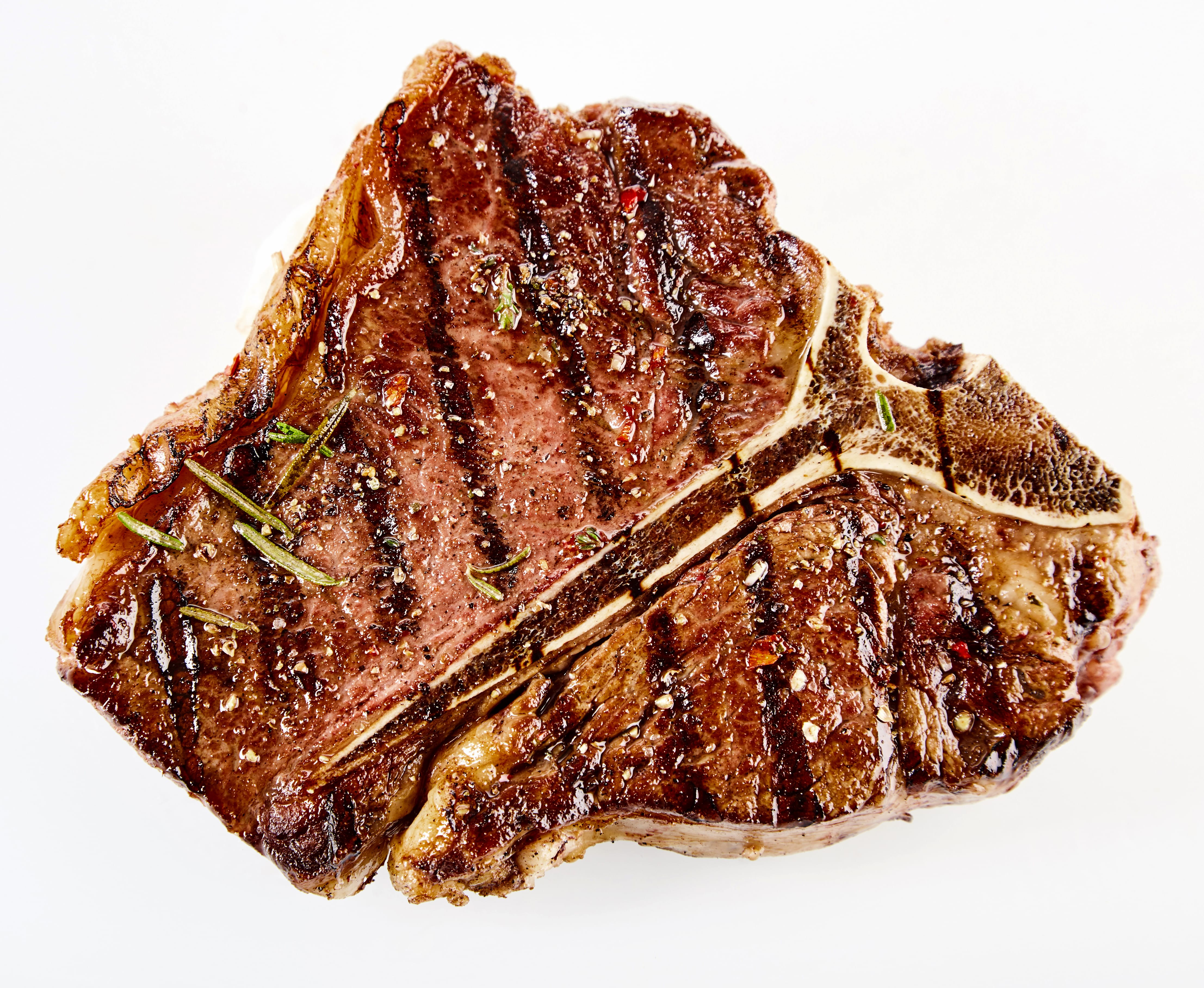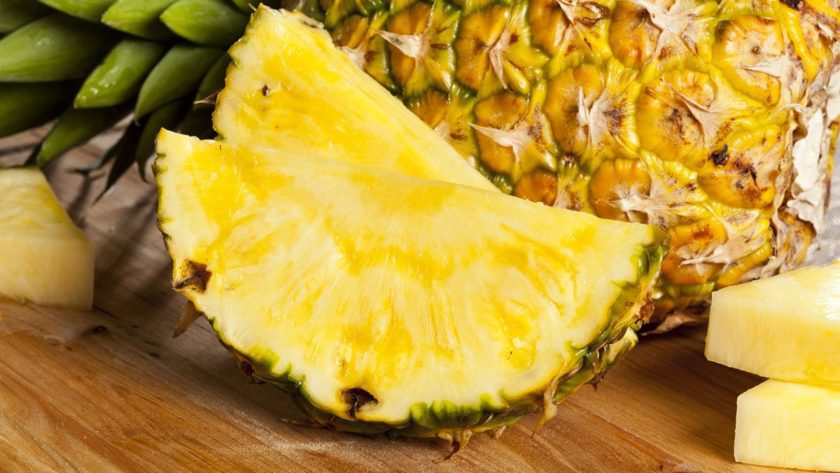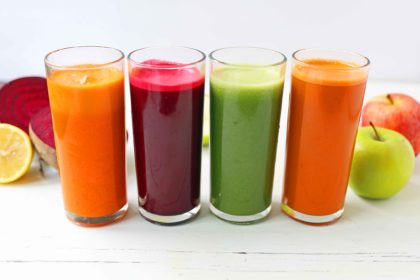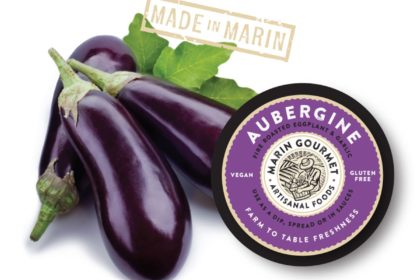
Pineapples are a great source of valuable enzymes, vitamin C, dietary fiber, and antioxidants. Summer is the perfect time to enjoy this tasty tropical fruit, but trying to pick the perfect pineapple doesn’t have to be a hit-and-miss effort.
Pineapple season is March through July in Hawaii where they peak in April/May. They will not ripen nor will they become sweeter after they’re harvested.
Pineapples do not have extra starch reserves, like bananas or pears, which can easily be converted into sugar after they’re picked.
To select one of these popular Hawaiian jewels:
- Look for a pineapple that has a nice golden color with fresh, deep-green leaves.
- Avoid a pineapple with any bruises, brown dry leaves, mold, or soft spots.
- Tug on a leaf from the middle. If the pineapple is ripe, it should slide out easily.
- Smell it. Ripe pineapples should smell fresh and fragrant at the stem end. Pineapples ripen from the bottom up.
When you twist the crown of leaves, they should twist off easily indicating the fruit was picked ripe. Enjoy pineapples as a healthy snack, in marinades, salads, salsas, desserts, and as a complement to meat, chicken, or fish.
Meat Tenderizer

Bromelain is a proteolytic enzyme (protease) that breaks down proteins. In meat, bromelain divides the protein in collagen that gives muscle tissue its shape. Papain, the enzyme in papaya, is also used for this purpose.
Bromelain is sold commercially as a tenderizer in powdered form. When the enzymes penetrate the meat, the meat loses its firmness and becomes palatable when cooked, but may become too mushy if left on the meat too long. Some meat dishes are prepared with pineapple for both their flavor and tenderizing properties.
![]() Karen’s Fit Tip: To receive the full benefits of the enzymes, eat it fresh, not cooked or canned, because heat deactivates the enzymes (above 65 °C/149°F). Commercial pineapple juice is pasteurized, so the enzymes are destroyed in the heating process.
Karen’s Fit Tip: To receive the full benefits of the enzymes, eat it fresh, not cooked or canned, because heat deactivates the enzymes (above 65 °C/149°F). Commercial pineapple juice is pasteurized, so the enzymes are destroyed in the heating process.
To soften and increase the juiciness of your pineapple, leave it at room temperature for up to two days and turn it upside down (a tip from my uncle who owned a pineapple plantation on Lānaʻi, the Pineapple Island).
Since the juices settle at the bottom, this process allows them to spread throughout the pineapple, so you can enjoy its juice in every bite.





